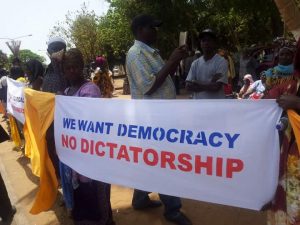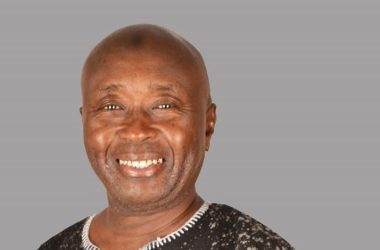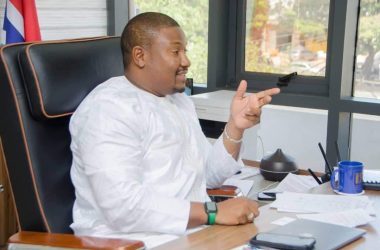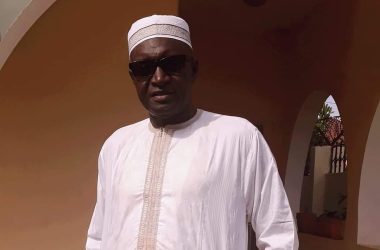
(JollofNews) – Put aside all other issues for a moment, ignore the tribal and religious differences, and ignore the political party divisions that dominate the airwaves and lets focus on what passes for national debate in the Gambia.
Many years of dancing to the government’s tunes, submitting to every degree and declaration imposed upon us as Gambians, and decades of growing government power in general, particularly in the presidency and various security authorities, have perhaps desensitized Gambians to what is at stake here.
As the proverbial frogs in the pot of water, we are accustomed to rising temperatures and so sometimes do not notice when our flesh begins to boil or at least we do, but tend to shrug it off and say ‘no problem’.
Over the past decades, so many unconstitutional declarations have been passed without the consent or the consultation and approval of Gambian citizens. The most recent been, the declaration of the Gambia as an Islamic Republic, the infamous enforcement of the veil (head cover) on all female government civil servants and the proposed move to introduce Sharia Law in the Gambia. These dramatic moves have been criticized by majority of Gambians both at home and abroad.
Following the recent protests, arrests and detention of the opposition (UDP) leaders and their supporters, there are people in some quarters who would argue that citizens do not deserve due process if they are at war with their own state or government.
This argument is completely false, at least as far as the constitution (if upheld and respected) of the Gambia and human rights laws and conventions are concerned. Every human being should enjoy the right to freedom of speech and peaceful assembly and a whole hosts of other rights.
If the leaders of the Gambia claiming to stand for liberty and the rule of law are in fact almost unanimously and adamantly disregarding the constitution which guides these very principles, demonstrates it beyond a reasonable doubt that they are not representing the interest of ordinary Gambians who voted them into power. Then civil society has to play a key role in ensuring that the government listens to the voices of the people and respect their human and constitutional rights.
The government and the leaders in power must respect civil liberties including free speech; freedom of peaceful assembly; the right to freedom of opinion and expression and a general respect for freedom of association. In all of these areas, Gambians have lost some of their liberties, and they all must be restored if the country is ever going to deserve the label of a “democratic country.”




